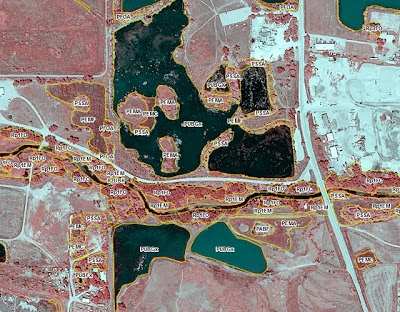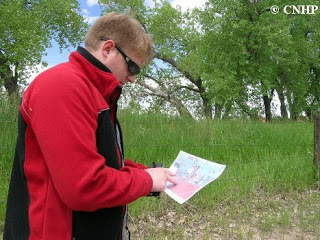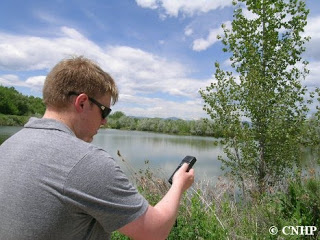As a part of our Setting Mitigation in the Watershed Context project, we are attempting to use aerial imagery to not only locate wetlands, but to classify them by type. Wetlands are frequently difficult to identify from a distance, and manual photo interpretation can be very time consuming. We hope to eventually use our manual photo interpretation results as training data for pattern recognition software. For our imagery, we are using National Agriculture Imagery Program (NAIP) digital aerial photos taken in 2009. The images are at 1 meter resolution and cover about 1,300 square miles of the Cache La Poudre, Big Thompson, and South Platte River watersheds in northern Colorado. The near infra-red color band of these photos is especially helpful in identifying wetlands, however, NAIP flight-lines are typically flown in the summer, when the leaves on deciduous trees can obscure what occurs underneath.

identified by type.
Because even the best photo interpreter can have false positives (identifying irrigated hayfields or stock ponds as wetlands), or false negatives (missing wetlands due to leaves obscuring the image), we have been groundtruthing several locations within the project area in order to help refine our search pattern.

CNHP GIS Analyst Zack Reams and Ecology Technician Ellen Heath recently went out on a groundtruthing excursion. Using their trusty GPS for navigation, they visited several tentative wetland signatures near urban areas. The first area they went to, east of the Centerra Mall in Windsor, turned out to be a stormwater catchment area and not an actual wetland, but they were able to confirm the remaining sites as actual wetlands.

the wetland he’s looking for. Photo by Ellen Heath.
Zack linked his collected GPS coordinates with the digital photos Ellen took at each site so that pictures of the visited areas can be stored with their spatial coordinates in a Geographic Information System as a part of the groundtruthing validation process.





